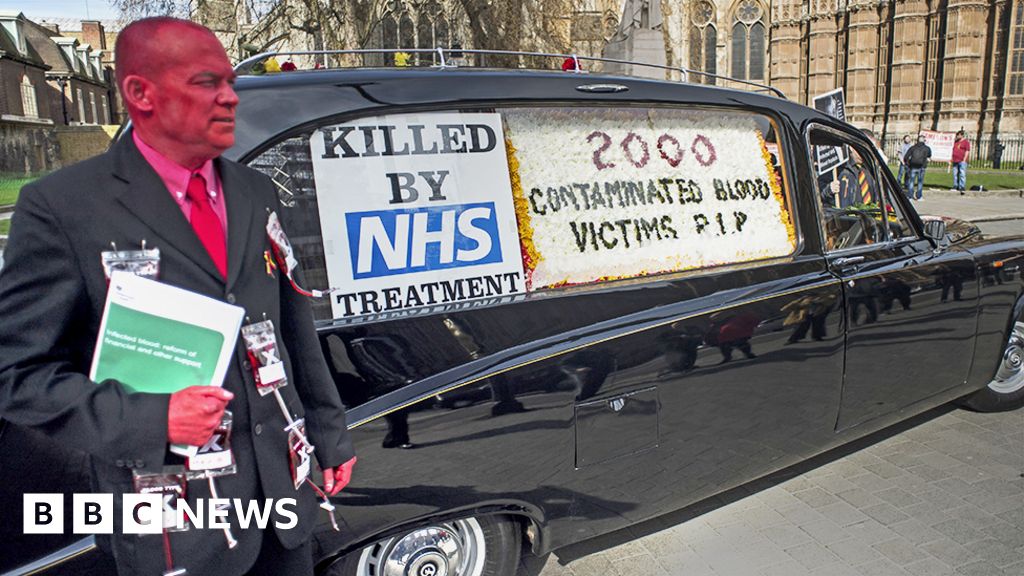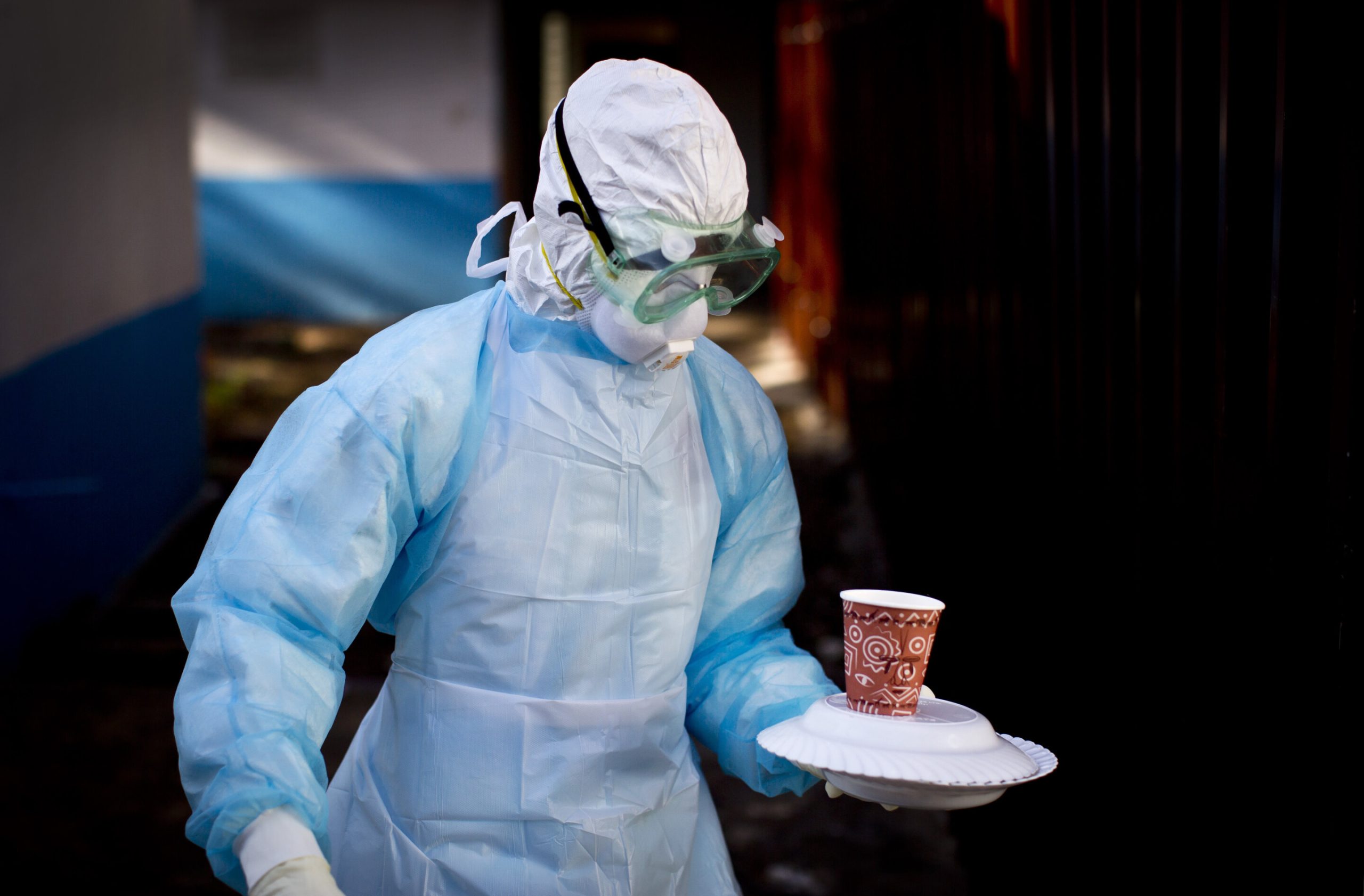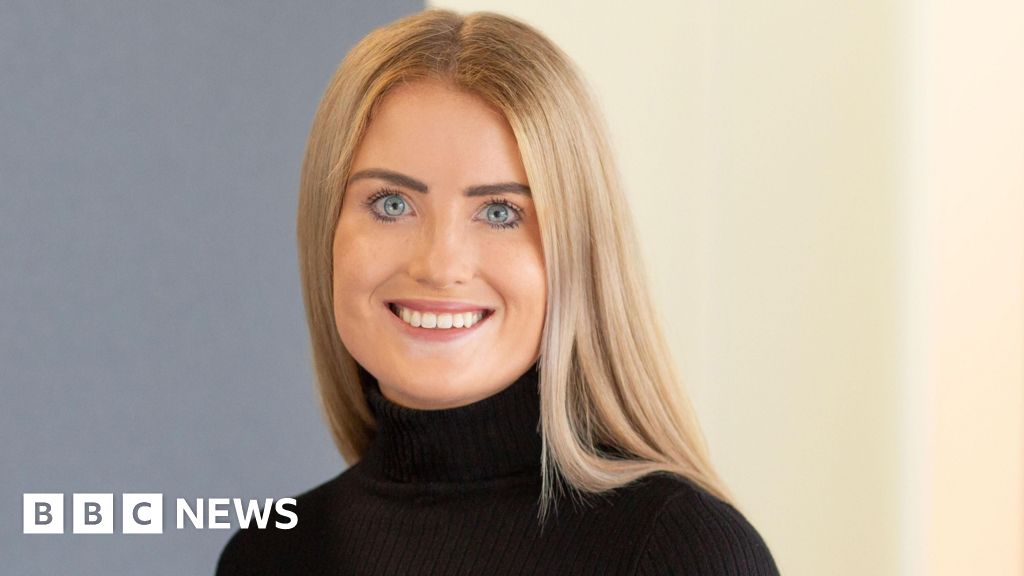Hundreds of victims of the scandal have received annual support payments but – before this inquiry – no formal compensation had ever been awarded for loss of earnings, care costs and other lifetime losses.
Many of those infected had had to give up jobs and live on benefits because of a series of health problems.
In July 2022, inquiry chairman Sir Brian Langstaff made his first formal recommendation – an unusual move in the middle of a public inquiry.
He said there was a “compelling case” to quickly make some interim compensation payments of £100,000 each.
The government agreed and – in October 2022 – the first payments were made to about 4,000 surviving victims and widows.
But many children, siblings and parents of those who had died have missed out.
That included Laura Palmer, 39, who lost both her parents to HIV/Aids in August 1993, when she was nine years old.
“There are still a lot of bereaved families excluded, so there is more work for us to do,” she told the BBC.
In his final comments to the inquiry, Sir Brian said he plans to publish a second interim report dealing with the question of compensation “before Easter”.
The inquiry team is then expected to produce a final report into the scandal, with a list of recommendations, at some point in the autumn.




